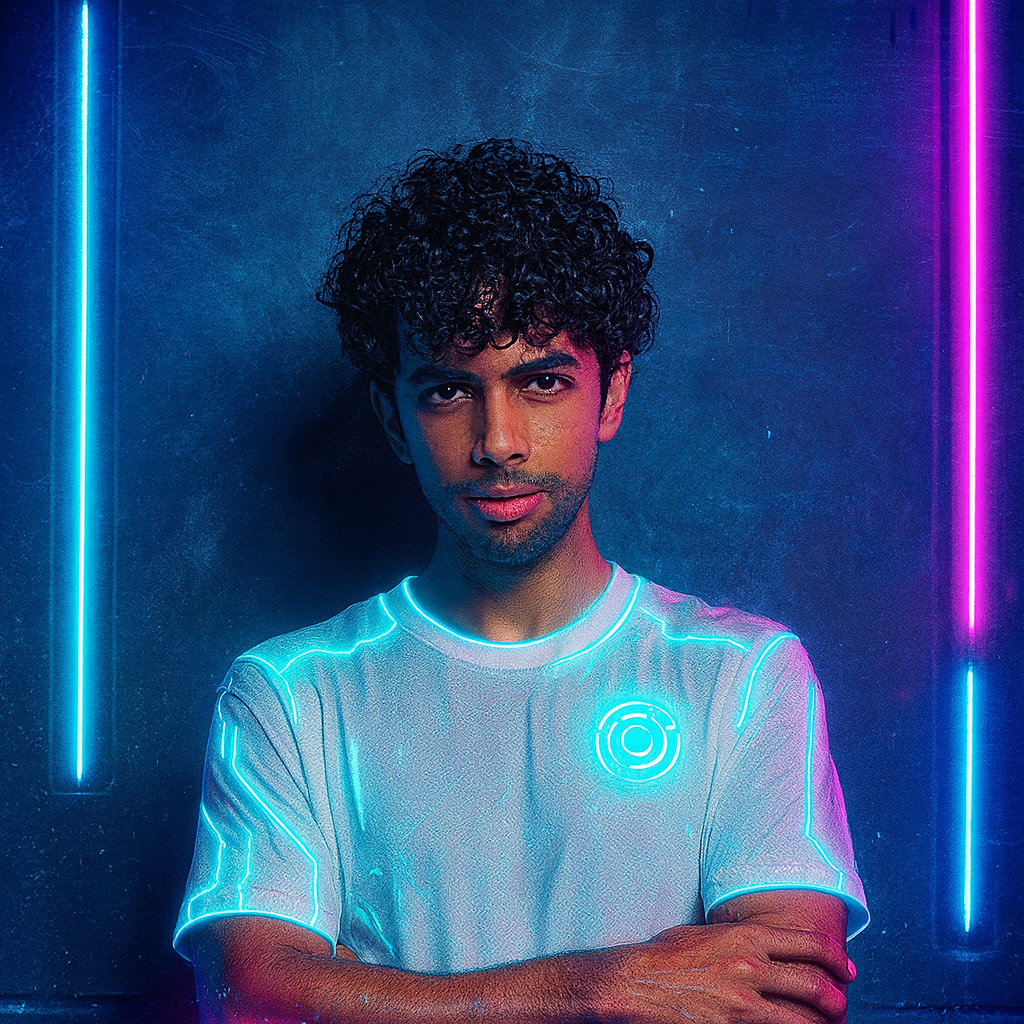18,146 reads
How to Know if Programming is your Cup of Tea
by
January 18th, 2016
Audio Presented by

Building software with #OpenSource • Exploring #AI • https://ashwinhariharan.com
About Author
Building software with #OpenSource • Exploring #AI • https://ashwinhariharan.com
